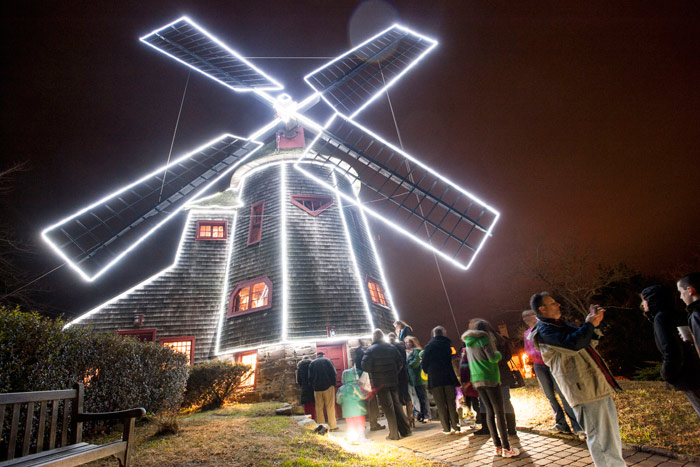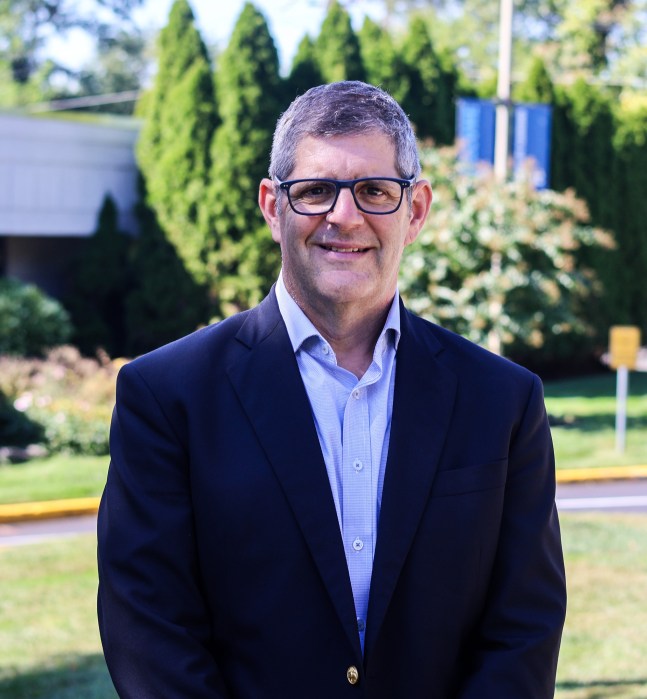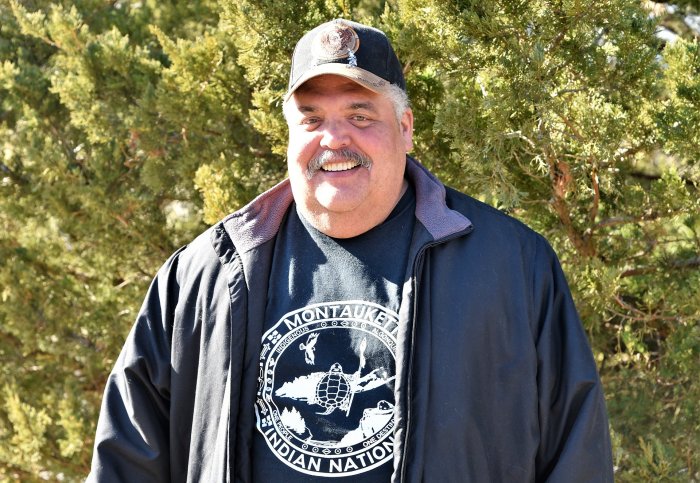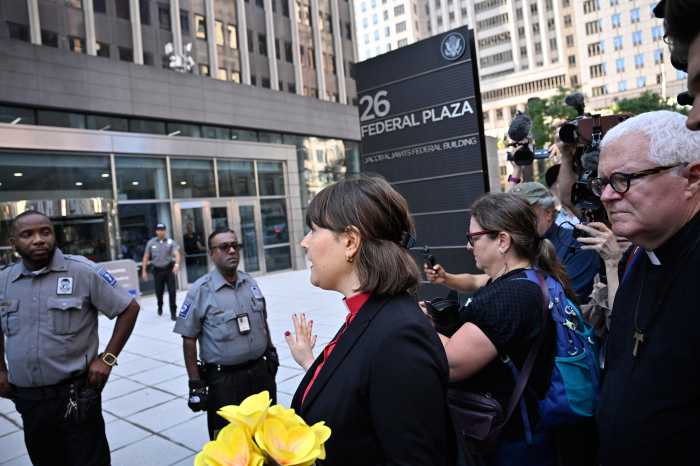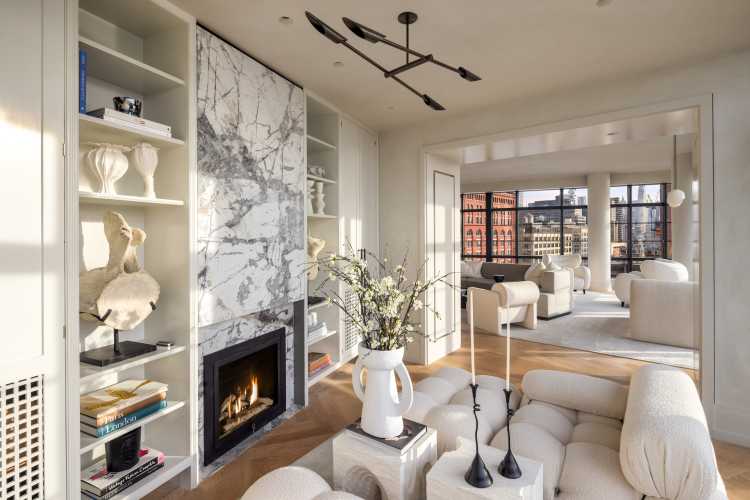Part 1 of a 2-part series about upscale domestic violence
As an attorney who has practiced law for more than 20 years and is currently serving as a victim’s advocate, I have encountered countless women who have suffered domestic abuse, ranging from minor to life threatening. I have counseled many hundreds of affluent women, the vast majority of whom are intelligent, well-educated and prominent in their communities. Former clients include wives of notable elected officials, physicians, attorneys and executives. Many women are themselves high earners and professionals. Most have lavish homes, too-good-to-be-true lifestyles and appear to “have it all” in every respect.
Because they have so much to lose, affluent abuse victims may choose to stay in their gilded cages, silently enduring physical, emotional, financial and sexual abuse. Despite a high net worth, some have to ask their husbands for an “allowance” to go grocery shopping, because they have no access to marital funds. Others are relentlessly demeaned about their appearance, femininity and sexuality. Their powerful husbands may be in denial about substance-abuse addiction or undiagnosed mental-health issues.
In the most extreme cases, victims are punched, choked or slapped on a regular basis. All affluent victims pay a high price for keeping their secrets, because there are few places to go for help. They are prisoners in their beautiful North Shore mansions.
Victims—and their children who witness the violence—suffer depression, anxiety and uncertainty about their future. Many fear a loss of status in their community if they speak
up or leave their abusive marriages.
Friends and associates turn a blind eye because they wrongly assume that the abuser is an upstanding person and certainly a good provider. They tell the victim that she is so lucky and she should count her blessings. The affluent victim feels compelled to keep quiet.
In this way, society colludes against her.
There are many theories as to why affluent victims may be reluctant to speak out. They may believe the myth that domestic violence is a “low-class” issue that doesn’t happen to people like them. The victim may be a beautiful, accomplished woman who shows a perfect face to the world and on social media. The veil of silence causes self-blame, shame and isolation.
Whatever the cause, studies show that these victims avoid the stigma of police and family court. Most affluent victims I have counseled have expressed a strong reluctance to seek formal assistance from the outside world, even when they fear for their physical safety. It is this reluctance and shame that keeps them oppressed in their gilded cages.
As part of my most recent graduate coursework, I studied victimology. I learned that from a psychological standpoint, domestic abuse victims suffer learned helplessness, a phenomenon first described by leading expert Dr. Martin Seligman. Victims in all stratas of society become powerless to extricate themselves from abusive relationships or unable to make adaptive choices.
Victims also experience traumatic bonding with their abusive partner. They may have an unhealthy attachment to their partner, as well as to their comfortable lifestyle, even if it includes ongoing abuse. Change can only happen when the victim understands that she has other options that are safer and less painful than staying in the abusive relationship.
Upscale abuse has a tendency to stay hidden. In higher price tag communities in the suburbs, neighbors can be out of earshot, so domestic disturbances go unreported. It can be easier for stay-at-home mothers and homemakers to hide their bruises and explain away their distress. The battering husband is the king of the castle and he can terrorize his victim in private.
According to Dr. Susan Weitzman, author of Not to People Like Us, “A wealthy man may feel entitled to his temper and outbursts in exchange for the financial support and material accoutrements” he provides. He views his wife as “bought and paid for.” It is her role to fit the looks and behavior he demands. This includes the meals he wants in the kitchen and the preferences he demands in the bedroom.
If a wealthy husband is formally accused of abuse, there are often few repercussions to him, because he has the means to hire the best legal representation. An especially cunning abuser can gaslight his victim by videotaping her when she reacts emotionally, threatening to take away custody of the children. He can also threaten to take away credit cards, deplete bank accounts or refuse to pay for the children’s summer camp. The victim often feels helplessly dependent on her abuser. She may, in fact, be completely under his control.
Weitzman explains that women victims, even affluent ones, are often met with suspicion and skepticism. The attitude they encounter is confrontational, such as people asking, “What are you complaining about? You have so much.”
But, the #MeToo movement has caused a paradigm shift in our culture. More victims are beginning to speak out and are being believed. It is also significant that evidence of abuse is easier to document with a smartphone. More and more, abusers are being held accountable.
Weitzman conducted extensive research on upscale victims of abuse, whom she deems “psychologically vulnerable.” Especially susceptible are women who have “Cinderella-like” beliefs about courtship and marriage, including a desire for a Prince Charming to appear and rescue them. In choosing a partner, they want to be taken care of by a powerful older man and they may be attracted to their partner’s charismatic “winner” persona.
Even if he is very controlling and bullying, even if she needs to walk on eggshells around him, it seems exciting, because the man is wealthy and a bit dangerous. Unlike less-monied victims, affluent victims are prone to idealizing the man and the relationship, not realizing that the glass slipper comes with a heavy price.
This idealization largely revolves around the man’s socioeconomic status, career potential or accomplishments and prestige.
Read Part 2 here.
Jacqueline Harounian is a victim’s advocate and volunteer at The Safe Center, who regularly contributes to the Great Neck Record.




